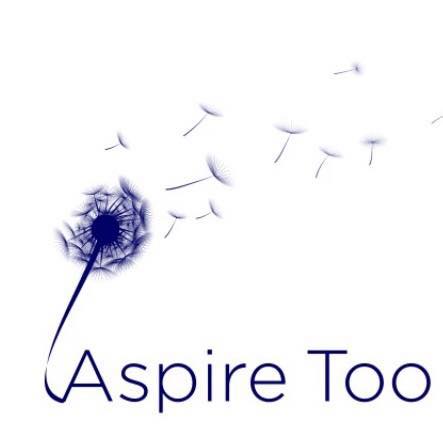Dear Ask the Counsellor,
I was doing so well for so long with my eating disorder recovery, but now I have gone back to using eating disorder behaviours. I can’t tell anyone that I am not doing well and need more support because I feel ashamed that I have relapsed. I know I need to tell people, but I don’t know how or what to say.
– Feeling Lost
Dear Feeling Lost,
I think it’s important to know that recovery from an Eating Disorder is difficult because it isn’t linear, and it is easy to get stuck in the trap of expecting it to be linear. When people expect that process to be linear, slips often lead to shame and guilt, leading to a spiral that convinces you that you’ve relapsed and are right back to where you started at the beginning of your journey. However, that is not the case, because you will never be all the way back to where you started. A slip is not a relapse, and a relapse doesn’t negate the progress that you have made. I encourage you when it comes to thinking about the slips or relapse to avoid the shame, and guilt negative self-talk and remind yourself that relapses can be an important part of the recovery process.
While thinking about relapse as an important part of the recovery process I want to say that it is important to avoid using it as an excuse to use eating disorder behaviours and to go backwards, it is not a crutch to be used but may happen as a part of the recovery process because recovery is hard. When relapses do happen, I encourage you to be gentle with yourself and remind yourself that relapse can help to solidify the process of recovery. If recovery was completely linear, if there were a slip people would fall likely further backwards. However, when recovery looks more like a staircase when there are slips that happen, individuals learn from those slips and make progress and continue to work their way up the ‘staircase’. In this case the process of recovery is more solidified because it is more difficult to go farther back when there are more barriers preventing it from happening. Relapses and slips can be used as an opportunity to learn and grow and find ways of overcoming the barriers that may come up. The fact that you have acknowledged that you have slipped and fallen backwards shows self-awareness and growth as it is likely awareness you previously may not have had or may have not cared about at the start of recovery. That awareness and desire to ask for more support acknowledges that you want change and shows progress.
Important things to remind yourself when you are struggling with the guilt of slipping:
• Focus on the progress you have made.
• Be aware of the language you are using and how that impacts your ability to be self-compassionate with yourself and your recovery process.
• Remind yourself that relapse is a normal part of recovery, and it does not mean that you have failed.
I can also understand why admitting that you are struggling to people in your life or on your team may be difficult. There are a lot of stories that we tell ourselves about what we think others may think of us or about our struggle. As a result of this dialogue, we have with ourselves, we make it difficult to share with others what we need to because we have placed judgements on ourselves convincing ourselves those are other people’s judgements, while in reality they are out of a place of our shame and guilt directed towards ourselves. While we may feel this way and find it difficult to have these conversations, it can be helpful as the conversation can help to reassure you that the self-directed judgements are not accurate and allow for others to provide you with support to reduce the fears and guilt you care carrying. Despite this being a reality, I understand that it can still be difficult to initiate these conversations, so it is important to find a way that feels easier to have them.
A few ways that may make initiating the conversation a little easier may include:
Sending an email or leaving a message with a member of a team letting them know you’re struggling and need them to initiate a conversation on what that looks like for you.
• Asking a friend who knows you and you feel comfortable with to hold you accountable to having a conversation by checking in after or asking that friend to be with you while you have the conversation.
• Writing a letter and giving it to the person you need to share your struggle with.
• While doing a bit better, create a codeword with people in your life that you can use that says you’re struggling without having to use those words.
If you continue to not share with others that you are struggling the shame and guilt will continue to grow and with time it will become more difficult to have that conversation. Reaching out for help and support isn’t something to be ashamed of but is something that you deserve to do. People in your life will often respond more positively than what your brain and concerns tell you. Professionals, family and friends want to support you, and provide you with what you need but often need to know that you need something. The only way for them to know that you are in need of something is by you sharing that with them. You deserve to get back on track and deserve to be supported and to recover even though sometimes the lies the eating disorder may tell you, or the shame you might feel makes it feel difficult.
Sincerely,
Lokadia Sims, BA, MA, CCPA, CCC
